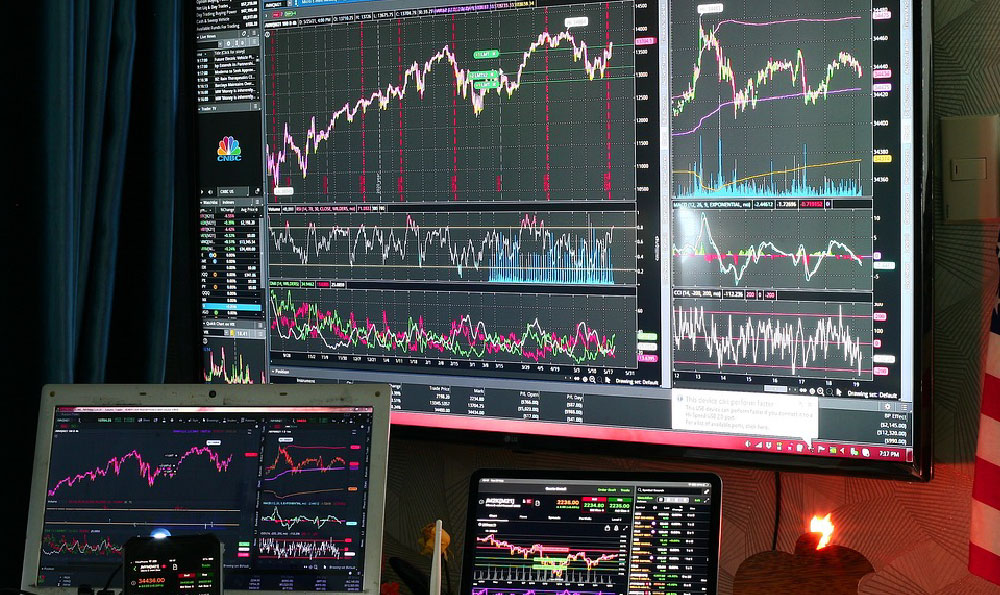Okay, here's an article addressing the themes presented by the title "How to Make Money Selling Drugs Film: Fact or Fiction?". It aims to explore the complexities of drug trafficking as depicted in documentaries and films, offering insight into the realities, exaggerations, and potential investment-related themes that emerge.
The Silver Screen vs. the Street Corner: Deconstructing Drug Trade Narratives
The allure of quick riches and a life of unfettered freedom has long been a staple of cinematic storytelling, particularly when it comes to the drug trade. Films and documentaries promising a glimpse inside this world, like the hypothetical "How to Make Money Selling Drugs," often walk a tightrope between factual representation and sensationalized fiction. To truly understand the investment-related implications and separate myth from reality, a critical examination of these narratives is essential.

One of the most common, and arguably most dangerous, tropes is the romanticization of the drug kingpin. Characters are often portrayed as shrewd entrepreneurs, brilliant strategists, and charismatic leaders who amassed fortunes through sheer force of will. While there might be elements of truth in these portrayals – the drug trade certainly requires organizational skills, risk assessment, and the ability to manage a network – the reality is far more brutal and ethically bankrupt. The vast majority of individuals involved in the drug trade are not living lavishly but are caught in a cycle of violence, addiction, and exploitation. The glamorous lifestyle often depicted is a facade built on the suffering of countless others.
Furthermore, the "making money" aspect is frequently oversimplified. While large sums of money may flow through the hands of those involved, the margins are often razor-thin, and the risks are astronomically high. Operating costs, bribes, legal fees (when caught), and internal theft can quickly eat into profits. The constant threat of violence from rival organizations and law enforcement agencies further erodes any sense of security or long-term wealth accumulation. Many who enter the trade find themselves permanently indebted to their suppliers, trapped in a system that offers little chance of escape. The idea of retiring on a drug empire fortune is more often a fantasy than a reality.
The film might explore the distribution chain, highlighting how illicit substances move from producers to consumers. It's likely to depict the tiered system of dealers, each taking a cut of the profits while assuming a corresponding level of risk. At the bottom of the ladder are the street-level dealers, often young and vulnerable individuals, who face the highest risk of arrest and violence for the lowest reward. As one moves up the chain, the profits increase, but so does the level of sophistication required to avoid detection. This involves money laundering techniques, complex logistics, and a network of corrupt officials who turn a blind eye to the illegal activity.
A critical eye should be cast upon the supposed "business acumen" of drug traffickers. While they may exhibit some entrepreneurial traits, their methods are fundamentally based on coercion, violence, and the exploitation of addiction. Unlike legitimate businesses, they cannot rely on legal contracts, advertising, or customer satisfaction to drive their success. Their "competitive advantage" is often the willingness to resort to violence and intimidation, creating an inherently unstable and unsustainable market. The very nature of the drug trade makes it impossible to conduct business in a transparent and ethical manner.
Instead of presenting the drug trade as a viable path to wealth, a more realistic portrayal would focus on the devastating consequences for individuals, families, and communities. Addiction, violence, and corruption are the true hallmarks of this industry, not the Lamborghinis and designer clothes often depicted in popular culture. The social costs far outweigh any perceived economic benefits. The money generated from drug sales often fuels further crime, destabilizes governments, and undermines the rule of law.
The allure of quick riches is a powerful motivator, but it should not blind individuals to the inherent risks and ethical implications of the drug trade. There are far more legitimate and sustainable paths to financial success that do not involve harming others or jeopardizing one's own freedom and well-being. The silver screen may offer a tantalizing glimpse into the world of drug trafficking, but the reality is far more grim and less romantic. Before considering any such venture, understand that the supposed "investment" is in a broken system with devastating human cost. The only guaranteed returns are incarceration, violence, and a legacy of destruction. The idea of finding a "profitable niche" in this market is not only ethically reprehensible but also incredibly dangerous. The true wealth lies in building a life based on integrity, hard work, and a commitment to making a positive impact on the world.











